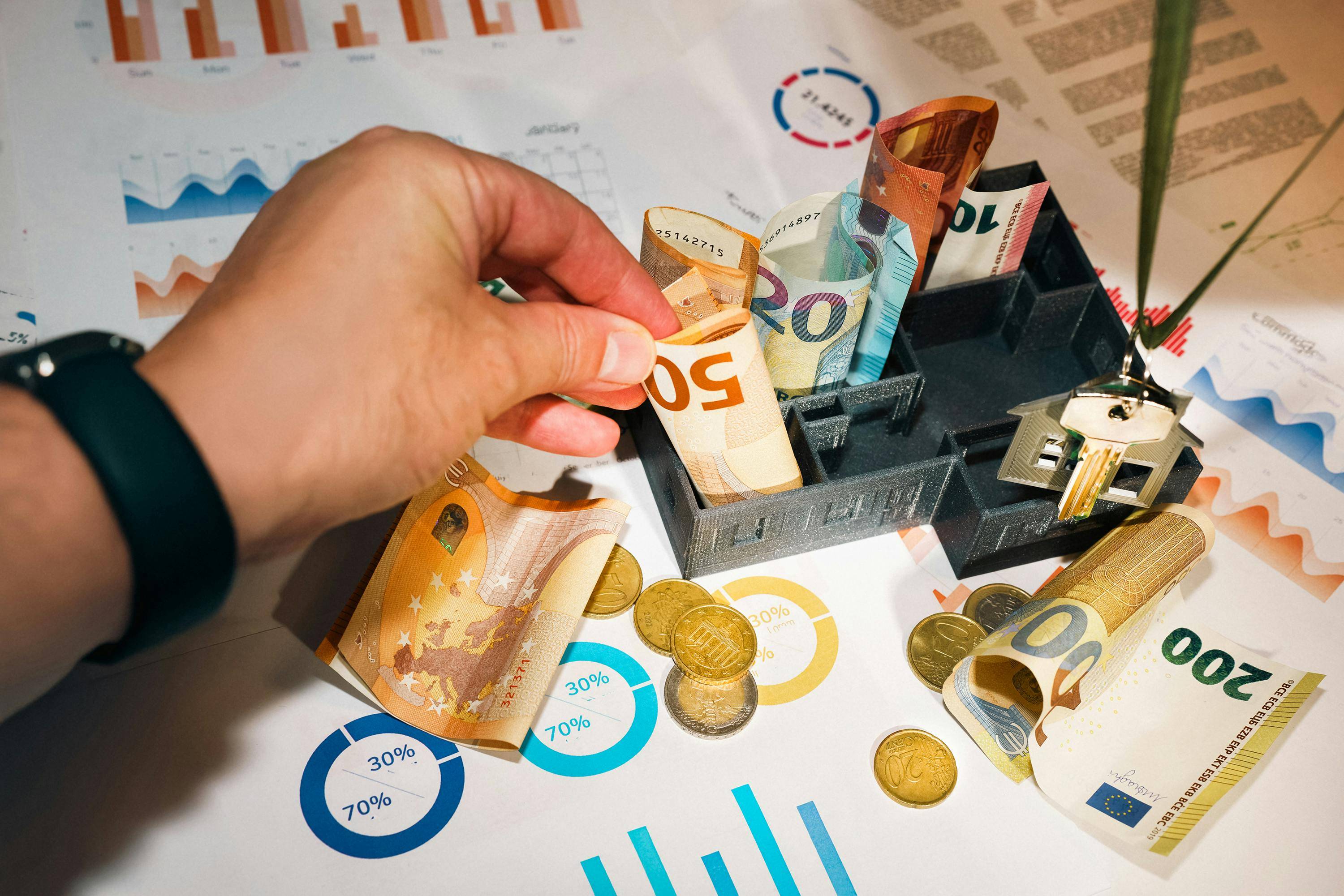Financial Freedom Through Minimalism: Spending Less, Living More.
In today’s consumer-driven world, achieving financial freedom often seems elusive. Yet, embracing minimalism—a lifestyle centered around intentional living—offers a pathway to spending less and living more. By focusing on what truly matters and reducing unnecessary expenses, minimalism can transform your financial life and overall well-being.
What Is Minimalism in Financial Terms?
Minimalism doesn’t mean deprivation; it means prioritizing. Financial minimalism involves cutting out excess spending and focusing on needs over wants. By doing so, you can redirect resources toward meaningful goals like saving for retirement, building an emergency fund, or investing in long-term assets. It’s about understanding that true wealth isn’t about having more but needing less.
The Financial Benefits of Minimalism.
- Reduced Expenses: Minimalism helps eliminate unnecessary costs. For example, instead of upgrading to the latest gadgets or indulging in retail therapy, minimalists focus on maintaining what they have or buying only what’s essential. This approach drastically reduces wasteful spending and frees up money for financial priorities.
- Debt Reduction: By simplifying your lifestyle, you can allocate more resources toward paying off debts. Minimalism discourages keeping up with societal pressures to own more, which often leads to credit card debt or loans. Instead, it promotes living within your means and avoiding financial stress.
- Increased Savings and Investments: When you spend less, you can save and invest more. Over time, these savings grow through compound interest, creating a safety net and paving the way toward financial independence. Whether you’re in an African market investing in local businesses or using index funds in the U.S., minimalism provides the financial breathing room to make these investments possible.
How to Adopt Financial Minimalism.
- Declutter Your Finances: Review your expenses and identify unnecessary subscriptions, memberships, or habits. Cancel anything that doesn’t add value to your life.
- Adopt a “One-In, One-Out†Rule: For every new purchase, get rid of an old item. This principle applies not just to physical items but also to commitments that take up time and money.
- Focus on Experiences, Not Things: Research shows that people find more happiness in experiences than material possessions. Spending on travel, learning, or relationships often brings lasting fulfillment compared to fleeting joy from a purchase.
The Bigger Picture
Financial freedom through minimalism is about aligning your spending with your values. By reducing financial clutter and focusing on what truly matters, you can achieve peace of mind and the freedom to live life on your terms. Minimalism is not just a trend; it’s a sustainable strategy for building wealth while living a richer, more intentional life.



No comments yet
Be the first to share your thoughts!